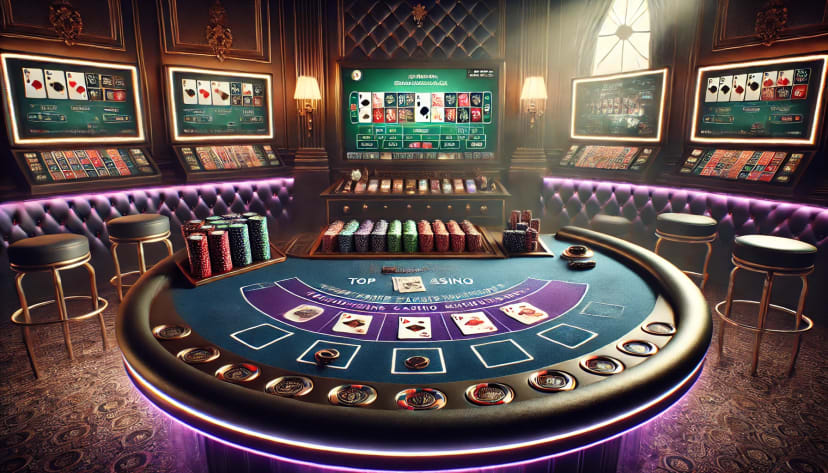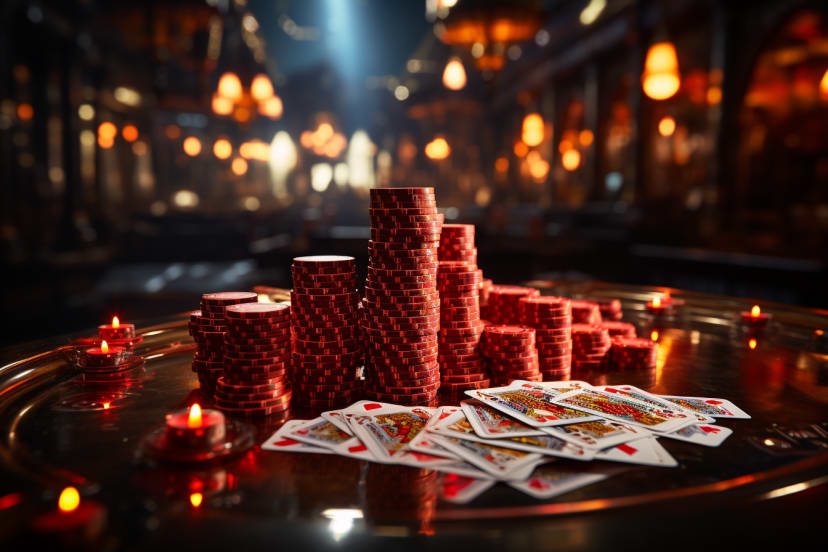Blackjack is a hugely popular card game in online casinos across the UK, requiring players to beat the dealer by achieving a hand total of 21 or as close to it as possible without going over. Knowing which hands to play can make all the difference between winning and losing. This article provides a comprehensive guide to the best and worst blackjack hands for UK players, including strategies, percentages, and charts, to help you make informed decisions at the tables.
Understanding Your Blackjack Hands
A blackjack hand is made up of two or more cards, each with a specific point value. Aces can be worth either 1 or 11 points, face cards (kings, queens, and jacks) are all worth 10 points, and all other cards are worth their face value. The ultimate hand is a natural blackjack, achieved with an ace and any ten-point card, totalling exactly 21 points.
The number of possible blackjack hands varies depending on the number of decks used. For instance, with a single deck, there are 1,326 possible two-card hand combinations. Using six decks significantly increases this to over 4 million possible combinations.
The Strongest Blackjack Hands for UK Players
The best blackjack hands are those with a high probability of reaching 21 or a total very close to it, giving you a better chance against the dealer. The top hand is, of course, a natural blackjack (an ace and a ten-point card), totalling 21. This hand typically pays out at favourable 3:2 odds.
Other strong starting hands include pairs of aces or eights. These can be split into two separate hands, significantly improving your chances of hitting 21 or a high total. A soft 18 (an ace and a seven) is also a valuable hand, as you can hit for another card without the risk of busting.
The Weakest Blackjack Hands to Be Wary Of
Conversely, the worst blackjack hands are those most likely to result in a "bust" (going over 21). A hard 16, typically made up of a ten-point card and a six, is considered one of the weakest hands. Hitting this hand carries a high risk of busting, making it a precarious position for any player.
Other weak blackjack hands include a hard 12 or 13, which should be hit if the dealer's upcard is 7 or higher. A hard 15 or 16 should also be hit if the dealer's upcard is a 7 or higher.
What Percentage of Hands Do UK Players Win in Blackjack?
The percentage of hands a player can win in blackjack depends on various factors, including the player's skill level, the casino's rules, and the number of decks used. On average, a skilled player in the UK can expect to win around 48-49% of hands played.
Blackjack Hand Strategies for UK Players
The best blackjack strategy to win at online casinos involves following a set of rules that players can use to make strategic decisions during the game. The basic blackjack strategy can help players maximize their chances of winning by advising them when to hit, stand, double down, or split based on their hand and the dealer's up card.
Hard hands
For hard hands, players should hit if their hand value is 8 or less, while they should double down if their hand value is 9-11, depending on the dealer's up card. If their hand value is 12-16, players should hit if the dealer's up card is 7 or higher; otherwise, they should stand. If their hand value is 17 or higher, players should always stand.
Soft hands
For soft hands, players should double down if their hand value is Ace-2 through Ace-7, depending on the dealer's up card. If their hand value is Ace-8 or Ace-9, players should always stand.
Pairs
When it comes to pairs, UK players should always split Aces and 8s. Conversely, never split 5s and 10s. For other pairs, the decision to split depends on the dealer's up card; some pairs are only worth splitting if the dealer's up card falls within a specific range.
Surrender
Finally, in certain situations, players have the option to surrender their hand. This means forfeiting half of their bet to end the hand immediately. Surrender is generally advised when your hand value is between 15-17 and the dealer's up card is high.
Playing Multiple Hands in Blackjack for UK Players
Online casinos offer the exciting possibility of playing multiple hands of blackjack simultaneously, which can significantly increase the number of hands you play per hour. However, UK players should exercise caution, as playing too many hands at once can increase the risk of losses. It's often recommended to stick to playing one or two hands at a time to better manage your bankroll and maximise your chances of winning.
Conclusion: Mastering Blackjack Hands for UK Players
Understanding the best and worst blackjack hands, and knowing when to hit, stand, split, or double down, is crucial for any player aiming to improve their winning potential. While luck certainly plays a part in the game of blackjack, implementing the strategies discussed in this article can empower UK players to make more informed decisions at the tables.
Remember, playing blackjack, like all forms of gambling, involves risk. Players should never bet more than they can comfortably afford to lose. Online casinos provide a convenient and accessible way to enjoy blackjack, but it's essential to choose a reputable online casino with fair rules and regulations. By following the strategies outlined here and playing responsibly, you can enhance your enjoyment of blackjack while minimising potential losses.
FAQ
What constitutes a blackjack hand in the UK?
In blackjack, a hand is comprised of two or more cards dealt to you. Each card has a point value, and the aim is to beat the dealer by getting a hand that totals 21, or as close to 21 as possible, without going over. It's a classic casino game of skill and chance.
What does "soft" mean when referring to a blackjack hand?
A "soft" hand in blackjack is one that includes an Ace. The Ace can be counted as either 1 or 11 points. For example, an Ace and a 7 would be a soft 18 (or a hard 8, if you choose to count the Ace as 1). This flexibility makes soft hands strategically important.
Are there any blackjack hands that you should never split?
While splitting Aces and 8s is generally recommended, a pair of 5s is almost always a bad split. A pair of 5s gives you a total of 10, which is a strong starting point for hitting and potentially making a good hand. Splitting them risks creating two weaker hands.
When is the best time to split a hand in blackjack?
Splitting a hand in blackjack is a strategic move when you're dealt a pair. Whether you should split depends on the dealer's face-up card and the basic strategy charts. Splitting Aces is almost always a good idea, while splitting 5s or 10s is usually not recommended.
Here are some general guidelines on when to split pairs, based on the dealer's up card:
- Split 2s or 3s if the dealer shows a 4 through 7.
- Split 4s if the dealer shows a 5 or 6.
- Split 6s if the dealer shows a 2 through 6.
- Split 7s if the dealer shows a 2 through 7.
- Split 9s if the dealer shows a 2 through 6, or an 8 or 9.
What's the most common mistake players make in blackjack?
Many blackjack experts agree that misplaying a soft 18 is a frequent error. Players often stand on a soft 18, but you should usually hit if the dealer's upcard is a 9, 10, or Ace. Hitting gives you a better chance of improving your hand and winning against the dealer.
















